Error message
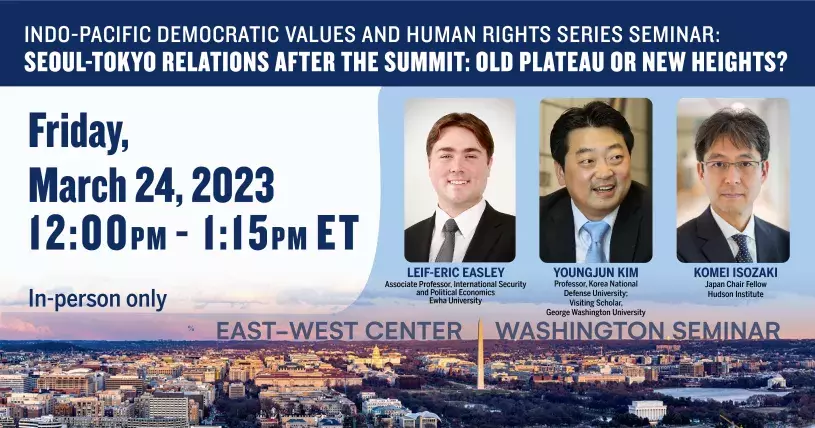
OFFICE/DEPARTMENT
The East-West Center in Washington invites you to an
Indo-Pacific Democratic Values and Human Rights Series Seminar:
Seoul-Tokyo Relations After the Summit: Old Plateau or New Heights?
A Conversation With:
Leif-Eric Easley
Associate Professor, International Security and Political Economics
Ewha University
Komei Isozaki
Japan Chair Fellow
Hudson Institute
Youngjun Kim
Professor, Korea National Defense University;
Visiting Scholar, George Washington University
Dr. Satu P. Limaye (Moderator)
Vice President, East-West Center &
Director, Research Program and East-West Center in Washington
President Yoon Suk-yeol and Prime Minister Kishida Fumio’s March 2023 summit was intended to help South Korea-Japan relations turn the corner from a rocky period of historical disagreements to a smoother path for functional cooperation. What were the accomplishments of the summit? Where are bilateral relations still falling short of their potential? How can the two governments (and societies) solidify recent gains and further economic and security policy coordination in the national interests? This presentation builds on recent research about Seoul and Tokyo’s mechanisms for stabilizing ties — political restraint, pragmatism toward China, and trilateralism with Washington — and the importance of realizing support from civil society.
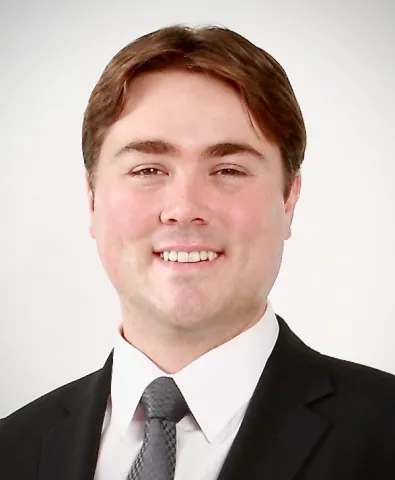
Leif-Eric Easley is Associate Professor of International Studies at Ewha Womans University in Seoul where he teaches international security and political economics. His research on U.S.-South Korea-Japan trilateral coordination on engaging China and North Korea appears in academic journals and volumes (available at http://www.leifeasley.net), supplemented by commentary in major newspapers. Dr. Easley was a Northeast Asian History Fellow at Stanford University. He completed his B.A. in political science with a minor in mathematics at UCLA and received his M.A. and Ph.D. from Harvard University’s Department of Government.
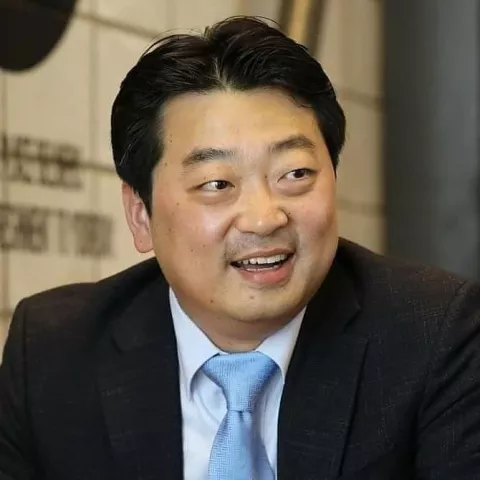
Youngjun Kim is a Professor of National Security College of the Korea National Defense University. He has been a member of the National Security Advisory Board of the Republic of Korea President’s Office, the Central Committee of the Presidential Peaceful Unification Advisory Board, the ROK-US Combined Command Forces’ Strategic Shaping Board, the Performance Review Committee at the Prime Minister’s Office. He has also been an international senior research fellow at the Foreign Military Studies Office of the U.S. Army and a policy advisor for the Ministry of National Office, Ministry of Foreign Affairs, National Intelligence Office, the Joint Chief of Staff, the U.S. Senate and Congress, the State Department, the Pentagon and several Intelligence Agencies.
He leads the ROK-US nuclear expert network, Nuclear Policy Leadership Initiative, and is a managing editor of the Korean Journal on Nuclear Nonproliferation and Energy sponsored by the Ministry of Foreign Affairs. He is also a regular columnist for Joongang Daily Newspaper and Segye Daily Newspaper in South Korea. Some of his books include: “Origins of the North Korean Garrison State: the People’s Army and the Korean War” at Routledge, “Why negotiating Nuclear Arms Control with North Korea: Why and How?” with Toby Dalton of the Carnegie Endowment for International Peace.
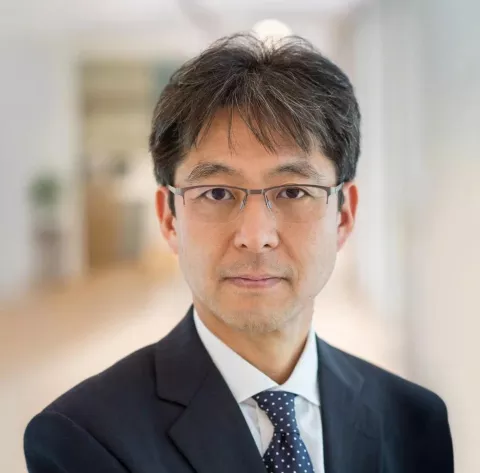
Komei Isozaki is a Japan Chair fellow at Hudson Institute. He is an expert in Japanese defense policy, space security, and biological and chemical weapons conventions. His research areas include space policy and defense strategy with a focus on the Asia-Pacific region. He has a deep knowledge of intelligence operations and foreign policy of the Tokugawa Shogunate in the early modern times. He previously served in the Ministry of Defense of Japan for over 20 years. His posts included work on space policy, cyber policy, strategic dialogue, intelligence, and peacekeeping operations. He served as a policy advisor to the commander of the Northern Army between 2010 and 2012.
Mr. Isozaki was a visiting fellow at the Center for Strategic and International Studies from 2005 to 2006 and from 2012 to 2014.
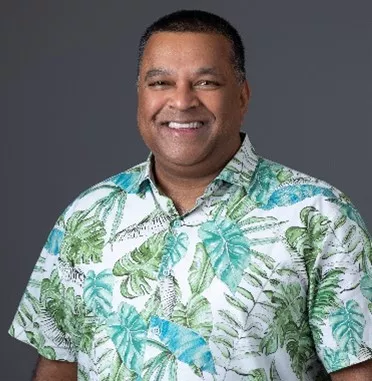
Dr. Satu Limaye is Vice President of the East-West Center and the Director of the East-West Center in Washington, Research Program, and Professional Development Program. He created and directs the Asia Matters for America initiative and is the founding editor of the Asia Pacific Bulletin. He is also a Senior Advisor at CNA Corp (Center for Naval Analyses). He is a graduate of Georgetown University and received his doctorate from Oxford University (Magdalen College) where he was a George C. Marshall Scholar. He publishes and speaks widely on Indo-Pacific regional issues and supports various U.S. government, foundation, fellowship, academic, and professional organizations.
The East-West Center in Washington invites you to an
Indo-Pacific Democratic Values and Human Rights Series Seminar:
Seoul-Tokyo Relations After the Summit: Old Plateau or New Heights?
A Conversation With:
Leif-Eric Easley
Associate Professor, International Security and Political Economics
Ewha University
Komei Isozaki
Japan Chair Fellow
Hudson Institute
Youngjun Kim
Professor, Korea National Defense University;
Visiting Scholar, George Washington University
Dr. Satu P. Limaye (Moderator)
Vice President, East-West Center &
Director, Research Program and East-West Center in Washington
President Yoon Suk-yeol and Prime Minister Kishida Fumio’s March 2023 summit was intended to help South Korea-Japan relations turn the corner from a rocky period of historical disagreements to a smoother path for functional cooperation. What were the accomplishments of the summit? Where are bilateral relations still falling short of their potential? How can the two governments (and societies) solidify recent gains and further economic and security policy coordination in the national interests? This presentation builds on recent research about Seoul and Tokyo’s mechanisms for stabilizing ties — political restraint, pragmatism toward China, and trilateralism with Washington — and the importance of realizing support from civil society.

Leif-Eric Easley is Associate Professor of International Studies at Ewha Womans University in Seoul where he teaches international security and political economics. His research on U.S.-South Korea-Japan trilateral coordination on engaging China and North Korea appears in academic journals and volumes (available at http://www.leifeasley.net), supplemented by commentary in major newspapers. Dr. Easley was a Northeast Asian History Fellow at Stanford University. He completed his B.A. in political science with a minor in mathematics at UCLA and received his M.A. and Ph.D. from Harvard University’s Department of Government.

Youngjun Kim is a Professor of National Security College of the Korea National Defense University. He has been a member of the National Security Advisory Board of the Republic of Korea President’s Office, the Central Committee of the Presidential Peaceful Unification Advisory Board, the ROK-US Combined Command Forces’ Strategic Shaping Board, the Performance Review Committee at the Prime Minister’s Office. He has also been an international senior research fellow at the Foreign Military Studies Office of the U.S. Army and a policy advisor for the Ministry of National Office, Ministry of Foreign Affairs, National Intelligence Office, the Joint Chief of Staff, the U.S. Senate and Congress, the State Department, the Pentagon and several Intelligence Agencies.
He leads the ROK-US nuclear expert network, Nuclear Policy Leadership Initiative, and is a managing editor of the Korean Journal on Nuclear Nonproliferation and Energy sponsored by the Ministry of Foreign Affairs. He is also a regular columnist for Joongang Daily Newspaper and Segye Daily Newspaper in South Korea. Some of his books include: “Origins of the North Korean Garrison State: the People’s Army and the Korean War” at Routledge, “Why negotiating Nuclear Arms Control with North Korea: Why and How?” with Toby Dalton of the Carnegie Endowment for International Peace.

Komei Isozaki is a Japan Chair fellow at Hudson Institute. He is an expert in Japanese defense policy, space security, and biological and chemical weapons conventions. His research areas include space policy and defense strategy with a focus on the Asia-Pacific region. He has a deep knowledge of intelligence operations and foreign policy of the Tokugawa Shogunate in the early modern times. He previously served in the Ministry of Defense of Japan for over 20 years. His posts included work on space policy, cyber policy, strategic dialogue, intelligence, and peacekeeping operations. He served as a policy advisor to the commander of the Northern Army between 2010 and 2012.
Mr. Isozaki was a visiting fellow at the Center for Strategic and International Studies from 2005 to 2006 and from 2012 to 2014.

Dr. Satu Limaye is Vice President of the East-West Center and the Director of the East-West Center in Washington, Research Program, and Professional Development Program. He created and directs the Asia Matters for America initiative and is the founding editor of the Asia Pacific Bulletin. He is also a Senior Advisor at CNA Corp (Center for Naval Analyses). He is a graduate of Georgetown University and received his doctorate from Oxford University (Magdalen College) where he was a George C. Marshall Scholar. He publishes and speaks widely on Indo-Pacific regional issues and supports various U.S. government, foundation, fellowship, academic, and professional organizations.













